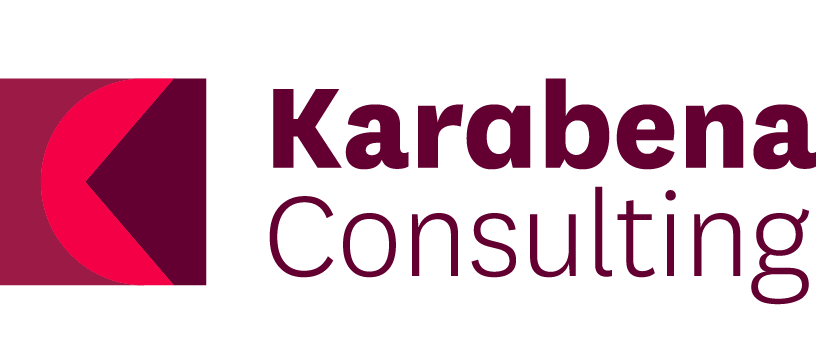First Nations Gambling Awareness Program Review
Victorian Responsible Gambling Foundation provided funds to do this work, however Karabena Consulting co-funded this project as part of our ‘profit-for-purpose’ commitment to Treaty, wealth creation and prosperity for First Nations people.
Who funded the project
This project aimed to support the First Nations Gambling Awareness Program (FNGAP) to meet the requirements of recommendations made in the PricewaterhouseCoopers (Indigenous) Evaluation Report (2022).
In response to the recommendations, Karabena Consulting implemented a four-phased co-design process, including project planning, conducting a desktop review, facilitating stakeholder consultations and generating a report. These activities informed the redevelopment of the FNGAP’s performance measures and reporting templates, and made recommendations for continuous improvement.
The project delivered performance measures and reporting methods along with streamlined templates, which align to stakeholder requirements. We also created an evidence base to underpin these and future activities.
Recommendations were also made for developing a Community of Practice to facilitate sector social learning and to contribute to meaningful FNGAP evaluation and outcome measurements over time.
Summary
The aim of the project was to redevelop planning and performance templates, reporting methods, and evaluation and outcome measurements to meet the FNGAP evaluation recommendations through a co-design process.
Project Aims
Together with the FNGAP staff, funders and program advocates, we facilitated a co-design approach where First Nations organisations, the Victorian Responsible Gambling Foundation and Karabena Consulting worked together to:
design the consultation plan, question guides and strategies used in online consultations
provide oversight to findings and recommendations, and in the drafting of the report, measures and templates.
These strategies align with the Foundation’s commitment to self-determination.
The co-design process was crafted to recognise that the FNGAP is a small program with high staff turnover, resulting in a mix of highly experienced practitioners and relatively new staff. The approach included:
review of literature and current program resources
surveys with the FNGAP staff
workshops with the FNGAP staff
interviews with staff from the organisations.
Methodologies
Inclusion of strengths-based language and principles in new reporting templates.
Recommendations for encouraging the growth and development of the sector through an inclusive Community of Practice.
Recommendations for further research.
New opportunities for the FNGAP to focus their attention, particularly for carers of people living with disabilities.
Methodological outcomes
We were able to:
engage all agencies to agree to coherent approaches across their work
develop new planning and reporting templates and data capture strategies to consider the impact of key strategies and target groups
develop strategies to identify common themes and emerging issues in communities
create an evidence base to underpin these and future activities in support of the implementation of the recommendations made in the PricewaterhouseCoopers (Indigenous) Evaluation Report (2022).
Project Outputs
#gamblingharm #gamblingaware #FirstNationsGambling #CulturalSafety #CommunityofPractice #FNGAP #VRGF #WealthCreation #BeGameNotShame #NoGo2Bingo #StopGamblingAdvertisements
